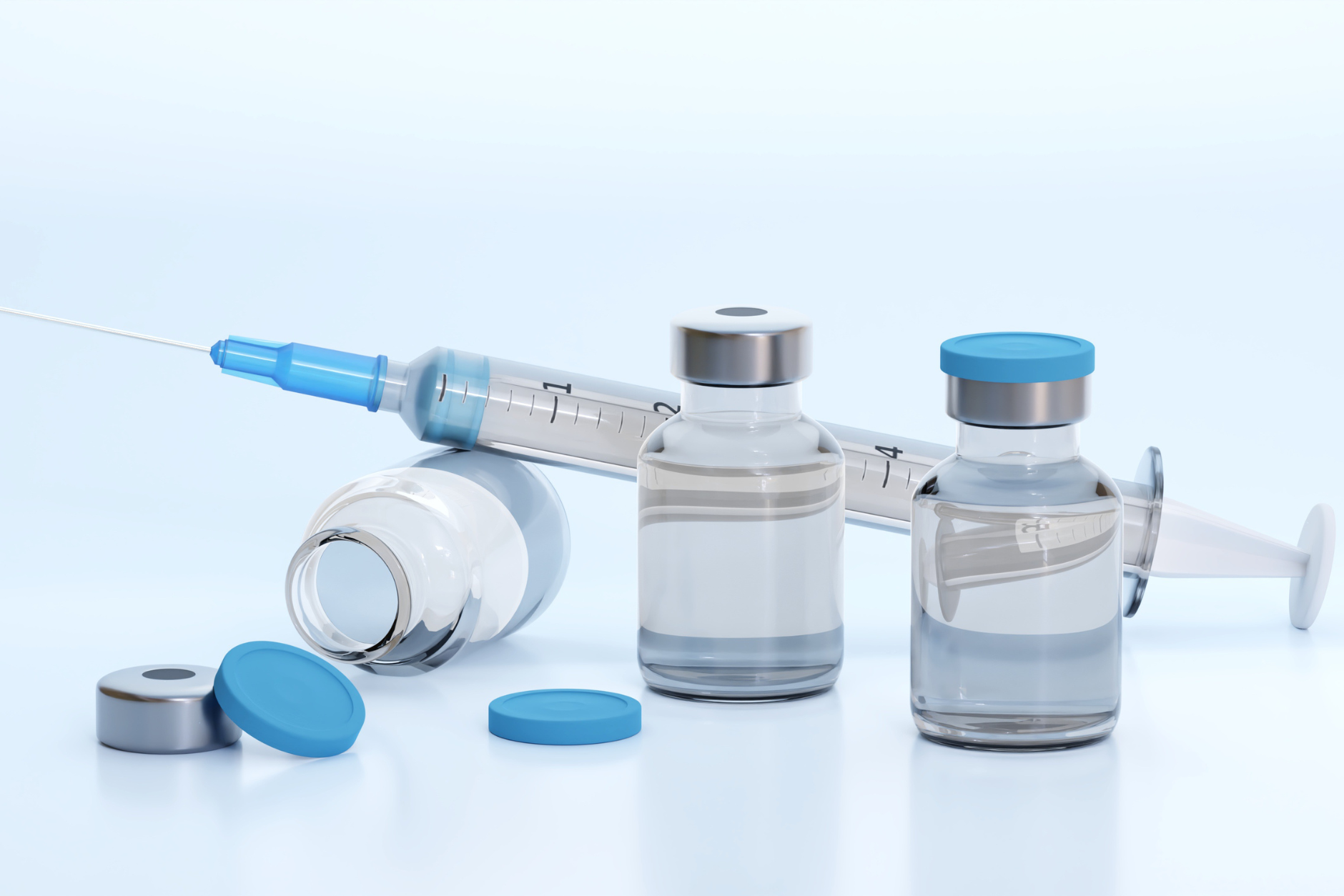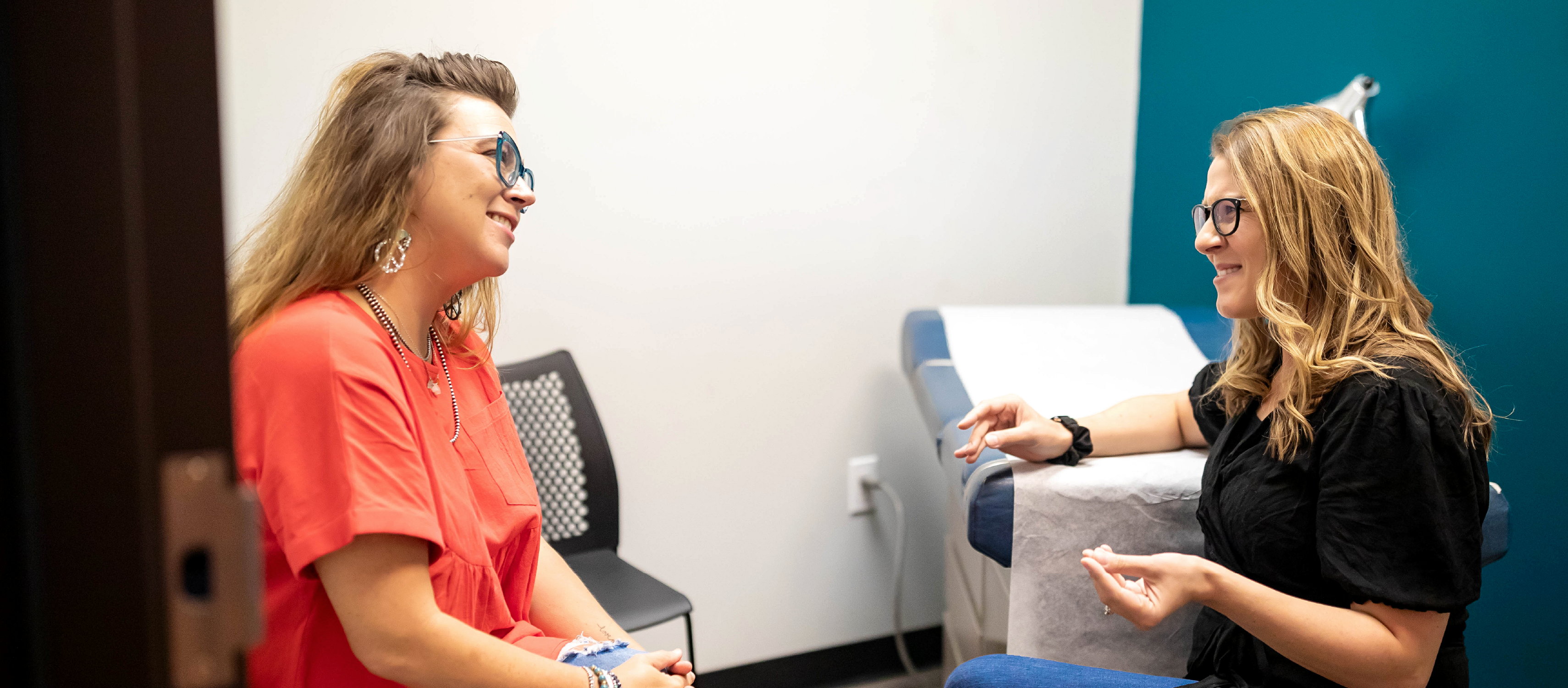Ever found yourself researching the latest in weight management medicine and hearing about GLP-1 receptor agonists? These groundbreaking medications have been gaining attention for their ability to transform weight loss efforts. But one of the most intriguing impacts they have is on appetite. What actually happens to your hunger signals, cravings, and portion sizes when you’re on a GLP-1? Let’s break it down.
This post takes a deep dive into how GLP-1 medications reshape your appetite, what you can expect over time, and how to manage these changes for long-term success.
Understanding GLP-1s: The Basics
GLP-1 receptor agonists are a class of medications designed to mimic a hormone naturally found in your body called glucagon-like peptide-1 (GLP-1). This hormone plays a pivotal role in regulating hunger, digestion, and blood sugar levels, which are all intertwined with how your body processes food.
When you take a GLP-1 medication, it amplifies the effects of this hormone, leading to notable changes, particularly in your appetite:
- Reduced appetite allows for better portion control.
- Improved blood sugar management results in fewer cravings.
- Slower gastric emptying helps you stay fuller for longer.
Popular medications in this category, including Semaglutide (marketed as Wegovy or Ozempic) and Tirzepatide (marketed as Mounjaro), have become game-changers for weight loss as well as for managing Type 2 diabetes.
The Impact on Appetite: What to Expect
Reduced Hunger Signals
One of the first noticeable effects of starting a GLP-1 is a dramatic reduction in hunger signals. Instead of constantly feeling hungry throughout the day, you may find that food simply stops dominating your thoughts.
- Brain Targeting: GLP-1 medications work in the brain to regulate the areas controlling appetite and cravings.
- Manageable Hunger: The medications don’t eliminate hunger entirely but bring it down to more manageable levels.
- Real-World Impact: Patients often describe this as “freedom” from the persistent need to snack or overeat.
Enhanced Satiety
GLP-1 medications don’t stop at reducing hunger—they also help you feel satisfied with smaller portions. This effect is largely due to the slowed rate of gastric emptying—the process by which food exits your stomach and moves into the intestines. With food staying in your stomach longer, you’ll feel fuller for more extended periods.
For example:
- Notice yourself eating half a sandwich instead of the whole thing? That’s satiety at work.
- Snacking less between meals? You’re benefiting from enhanced portion control.
Changed Food Preferences
Here’s something unexpected but commonly reported by patients—your food preferences might change. Many people experience a shift away from high-calorie or sugary foods. That chocolate bar you once couldn’t resist? It might not seem so tempting anymore.
This phenomenon is often described as reduced “food noise.” With cravings manageable, patients say it’s easier to make healthier food choices without feeling deprived.
The Timeline of Change: What Can You Expect?
How your appetite changes depends on the medication and how your body responds over time. Here’s a general timeline:
Weeks 1-2
At first, the effects are subtle but noticeable:
- You take smaller portions.
- You start skipping unnecessary snacks.
- Overall food preoccupation begins to decrease.
Weeks 3-4
The appetite regulation effect becomes more pronounced:
- Hunger signals become more predictable and stable.
- You find it easier to stick to meal plans.
- Overeating starts to feel physically uncomfortable.
Long-Term Impact
After several months, the changes in appetite often lead to lasting behavioral shifts:
- Smaller, more balanced meals feel natural.
- Emotional eating episodes decline.
- The groundwork for maintaining long-term weight loss is set.
Managing Your Appetite Changes
While GLP-1s can be incredibly effective, adapting to these changes requires intentionality. Here are some tips for success:
Listen to Your Body
Mindful eating is critical when your hunger cues begin to shift. Pay close attention to when you feel truly hungry and when you’re full. Resist the urge to eat out of habit, but also ensure your meals are well-rounded and nutritious.
Focus on Nutrient-Dense Foods
Since you’ll likely be eating less, the quality of your meals becomes even more important:
- Lean proteins (chicken, fish, plant-based options)
- Fresh vegetables and fruits
- Whole grains (quinoa, oats, brown rice)
- Healthy fats (avocado, olive oil, nuts)
These foods will help meet your nutritional needs even if your portions are smaller.
Stay Hydrated
Some patients report drinking less water alongside their reduced appetite. Make a conscious effort to stay hydrated, as proper hydration is essential for health and can prevent common side effects like nausea or fatigue.
Potential Challenges and How to Address Them
Excessive Appetite Suppression
If you’re finding it hard to eat enough:
- Eat smaller, more frequent meals.
- Stick to a meal schedule instead of waiting for hunger cues.
- Consult with your health care provider to adjust your dosage if needed.
Nausea or Early Satiety
Nausea is a common side effect when starting GLP-1s. To manage this:
- Eat slowly and chew thoroughly.
- Avoid heavy, greasy foods that may upset your stomach.
- Consider taking your medication in the evening, so that any symptoms occur while you’re asleep.
Beyond Appetite Management: A Holistic Approach
It’s important to remember that while appetite regulation is one of the most profound benefits of GLP-1s, it’s just one piece of the puzzle. Long-term success comes from integrating these medications into a holistic plan that includes:
- Regular exercise: Cardiovascular and strength training to maintain muscle mass.
- Stress management: High stress can disrupt your progress. Practices like mindfulness or yoga can help.
- Adequate sleep: Sleep deprivation directly impacts weight regulation and appetite control.
When to Consult Your Health Care Provider
Always keep your provider in the loop, especially if you experience:
- Severe or persistent nausea
- An inability to eat sufficient calories to support your health
- Rapid, unexplained weight loss
- Any unusual or concerning symptoms
Your provider can recommend adjustments to your dosage or additional strategies for managing side effects.
Moving Forward with Confidence
Understanding how GLP-1 receptor agonists affect your appetite is crucial for leveraging their full benefits. These medications can help you take control of hunger, change your relationship with food, and open the door to sustainable weight management.
At Big Tree Medical, we’re committed to supporting your wellness every step of the way. Whether you’re starting your weight management journey or looking to optimize your results, our team is here to help.
Interested in learning more? Schedule a consultation with Big Tree Medical in Columbia, Missouri, for expert guidance tailored to your unique goals.











